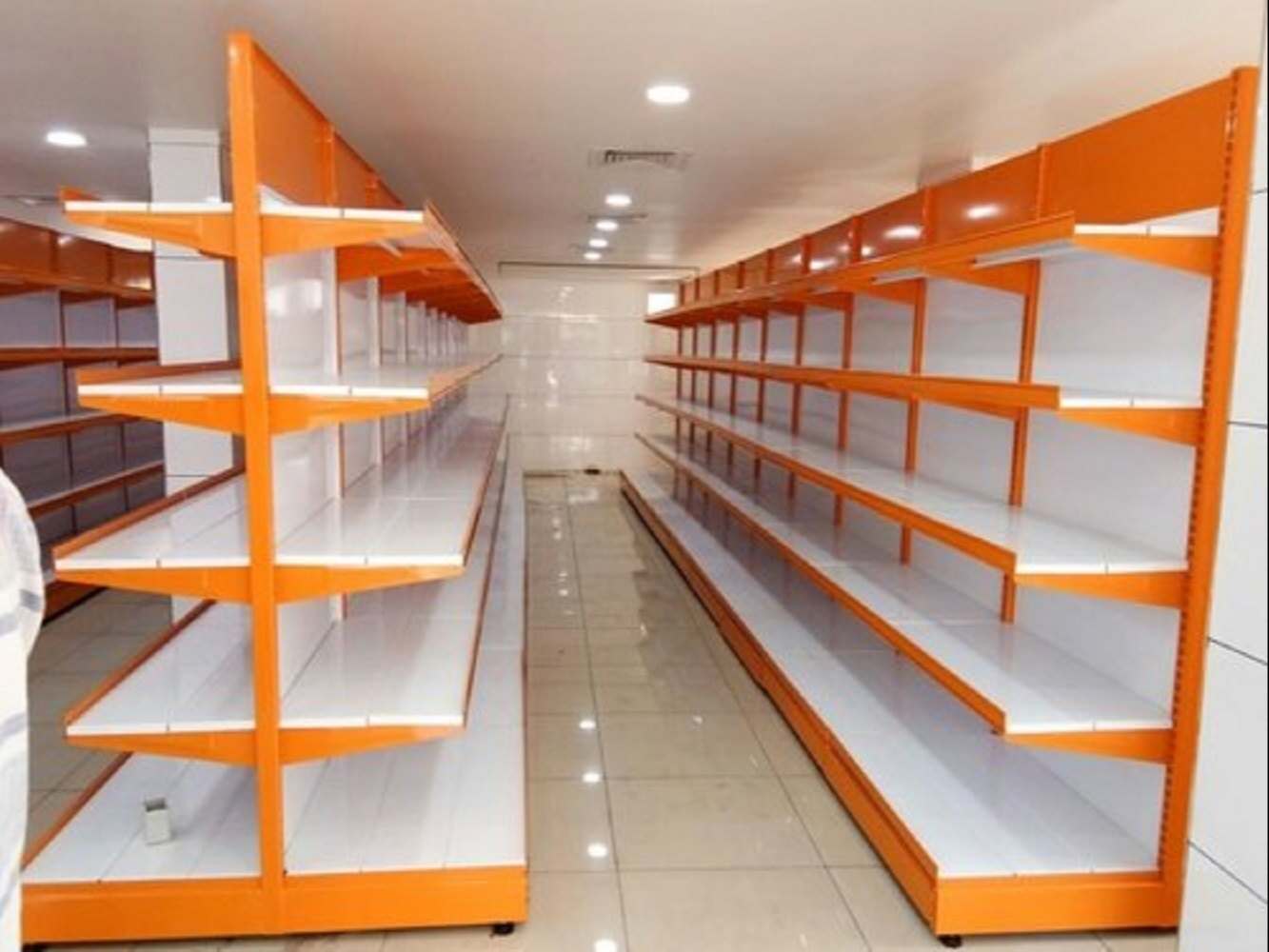When it comes to setting up a well-organized and visually appealing supermarket, one of the most critical aspects is choosing the right supermarket racks supplier. Supermarket racks play a vital role in maximizing space, ensuring ease of access for customers, and enhancing the overall shopping experience. This guide will walk you through everything you need to know about selecting the perfect supplier for your needs, ensuring your supermarket achieves efficiency and aesthetics.
What Are Supermarket Racks?
Supermarket racks are shelving units designed to display products in retail stores. They come in various shapes, sizes, and materials, catering to diverse needs such as:
- Gondola Shelves: Versatile and double-sided for center aisles.
- Wall Racks: Perfect for utilizing wall space effectively.
- Corner Racks: Ideal for making use of tight corners.
- Specialty Racks: Designed for specific products like fruits, vegetables, or beverages.
The quality, design, and placement of these racks significantly impact the shopping experience, making the role of a supermarket racks supplier crucial.
Why Choosing the Right Supermarket Racks Supplier Matters?
A reliable supplier ensures that your store’s requirements are met with precision, enhancing both functionality and aesthetics. Here’s why selecting the right supermarket racks supplier is vital:
- Durability: High-quality racks ensure a longer lifespan, reducing maintenance costs.
- Customization Options: A good supplier offers racks tailored to your store’s layout and product types.
- Cost Efficiency: Competitive pricing without compromising on quality helps you stay within budget.
- Timely Delivery: Delays in rack delivery can disrupt your store setup timeline.
- Expert Guidance: Reliable suppliers provide professional advice on rack placement and design for maximum efficiency.
Key Considerations When Selecting a Supermarket Racks Supplier
1. Material Quality
- Racks are typically made from metal, wood, or plastic. Ensure your supplier uses durable and corrosion-resistant materials, especially for racks exposed to heavy products.
2. Customization Capabilities
- Each supermarket has unique requirements. Opt for a supplier who offers flexible designs and dimensions to fit your store’s layout perfectly.
3. Range of Products
- A diverse product range ensures you can find racks for all needs, from general merchandise to perishable goods.
4. Reputation and Reviews
- Research the supplier’s market reputation. Customer testimonials and reviews provide valuable insights into their reliability.
5. After-Sales Service
- Maintenance and repair services are essential. Choose a supplier who offers robust after-sales support to address any issues promptly.
Top Benefits of Partnering With a Trusted Supplier
- Enhanced Store Layout: Organized racks improve traffic flow and create an inviting shopping environment.
- Increased Sales: Proper product display encourages customers to explore and purchase more items.
- Optimized Space Utilization: High-quality racks make the most of your available floor space.
- Aesthetic Appeal: Well-designed racks contribute to a clean and professional look for your supermarket.
- Ease of Maintenance: Durable and well-crafted racks require minimal upkeep, saving time and costs.
Current Trends in Supermarket Racks
The retail industry is evolving, and so are the designs and functionalities of supermarket racks. Here are some emerging trends to look for in a supermarket racks supplier:
- Modular Designs: Easily adjustable racks to accommodate changing inventory needs.
- Eco-Friendly Materials: Sustainable materials that align with environmental standards.
- Smart Racks: Integrated with sensors to monitor inventory and sales in real-time.
- Custom Branding: Racks designed to incorporate your supermarket’s branding elements.
- Space-Saving Solutions: Compact designs for smaller stores or high-density urban areas.
How to Find the Right Supplier?
1. Conduct Online Research
- Search for suppliers with a strong online presence and good customer reviews. Use keywords like “supermarket racks supplier” to narrow down your options.
2. Visit Showrooms
- If possible, visit the supplier’s showroom to assess the quality and variety of racks.
3. Request Quotes
- Compare quotes from multiple suppliers to ensure competitive pricing.
4. Ask for References
- Speak to other retailers who have worked with the supplier to gauge their reliability and service quality.
5. Review Certifications
- Check for industry certifications that validate the supplier’s adherence to quality standards.
For more blogs: picnobs
Conclusion
Selecting the right supermarket racks supplier is a critical decision that can significantly impact your supermarket’s efficiency, aesthetics, and profitability. By considering factors like material quality, customization options, and after-sales service, you can ensure a seamless shopping experience for your customers while optimizing operational efficiency.






